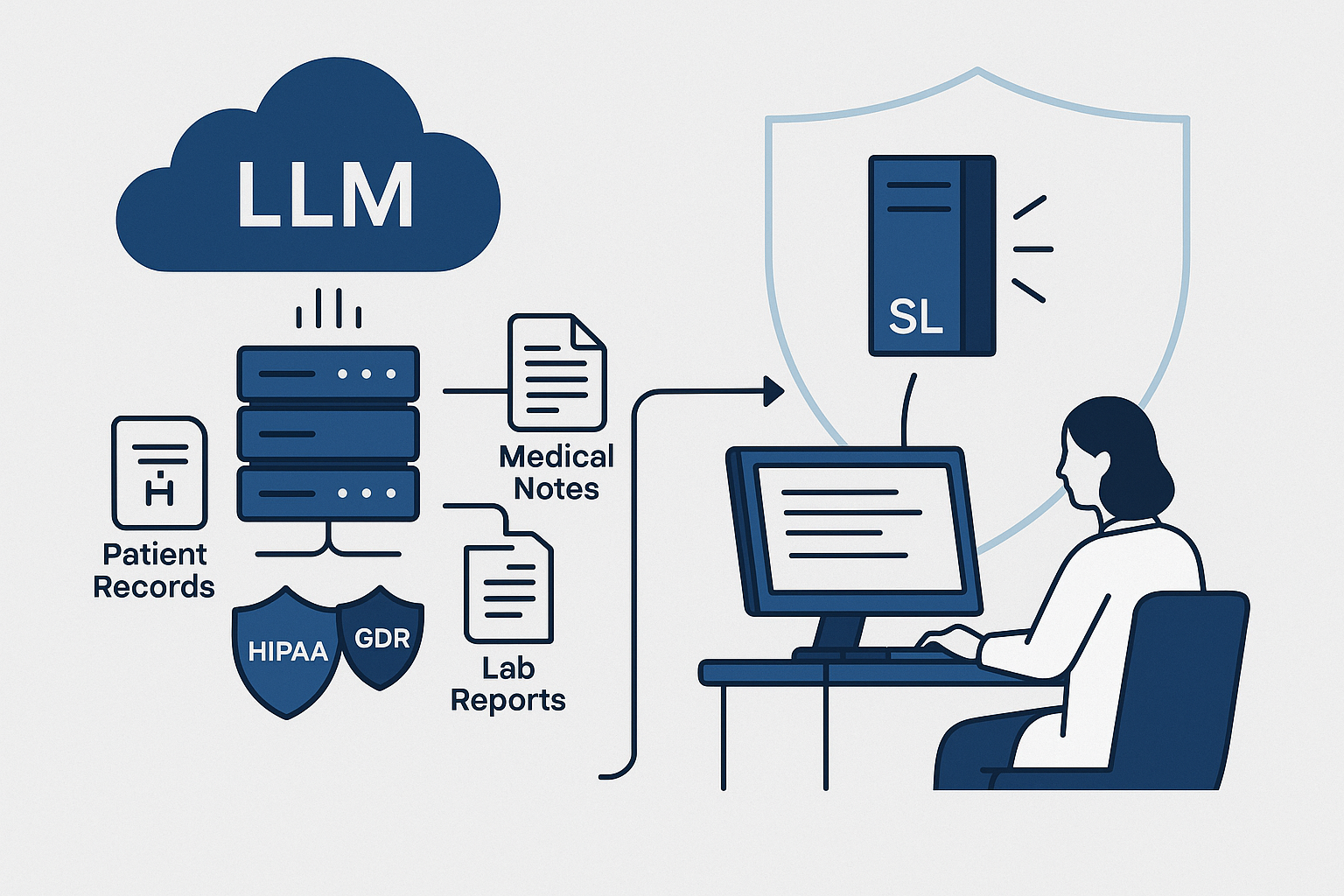Blog
Blogs
The Changing Face of Mobile Healthcare
BLOG by

The prolonged pandemic has forced many Americans to be open-minded towards telehealth doctors visits that comprised less than 0.01% of all doctors visits before the pandemic, rising to an incredible 69% of all visits back in April before settling in at around 20% of all visits in the fall.
While telemedicine-as-a service companies including MDLive and Teladoc have already been offering such services for years, the trend now encompasses large hospitals like NewYork-Presbyterian and even small individual practices in suburbia.
Whether voluntary or not, the public has largely warmed to the idea of managing their healthcare electronically.
Healthcare-adjacent Businesses are Counting on Mobile Apps, Too
Drug companies and pharmacies are increasingly touting new mobile apps, too – not just to provide drug information to patients, but also to allow users to manage (and refill) Rx prescriptions. Drug shopping leader GoodRx offers a new telehealth service, HeyDoctor, that allows users to connect to doctors (via telehealth appointment) to obtain common drug prescriptions on the fly.
CVS has for years allowed customers to view and manage their Rx prescriptions with the CVS mobile app, eliminating the need to wait on the line for a pharmacist or doctor. Walgreens’ mobile app offers similar capabilities. Earlier this year, Walmart acquired Carezone, a startup that specializes in apps that make it easy for users to manage multiple prescriptions and get deeper insights into specific drugs, insurance coverages, and more – showing that telehealth has strategic importance for the company.
Innovation in mobile healthcare is not just limited the biggest corporations.
Kedalion Therapeutics, a CitrusBits client, is a med tech startup whose mechanical eyedroppers with AcuStreamTM technology allow easy and accurate administration of topical drugs to the eye.
To further enhance dosage compliance and user satisfaction, Kedalion wanted to add telehealth features to its device, which would allow patients and caretakers to automatically track dosage times, dosage amounts, and receive real-time treatment reminders. Kedalion partnered with CitrusBits to create a companion mobile app to provide this IoT/telehealth functionality. (Full case study here)

The app we built for Kedalion Therapeutics makes it easy for end users and caretakers to keep up with dosage compliance via a smart eyedropper.
Insurance Carriers: “Dinosaurs” No More?
Insurance companies like Blue Shield, Aetna, and United Healthcare are increasingly relying on mobile apps to provide users with 24/7 access to find doctors, check claim statuses/history and deductibles, view electronic ID cards, review benefits details and copays, and more.
The apps are a win-win for the carriers and the users, as the carriers can reduce their overhead customer support costs while users gain all the information they need at their fingertips (and not just during business hours), increasing customer satisfaction.
Mobile Healthcare Development Requires Precise Execution
With public health poised to remain front-and-center for the foreseeable future, there is a significant window of opportunity for healthcare-related businesses to innovate solutions that better meet the dynamic needs of today and tomorrow.
Yet businesses looking to introduce new mobile healthcare solutions need to proceed with an abundance of care.
Healthcare privacy regulations such as HIPAA in the US can bring monetary penalties of up to $1.5 million in the event of a data breach, requiring stringent security practices to protect protected health information (PHI) at rest (on device or server) and in transit (from device to server, or vice versa).
Further, user experience is a critical area that mobile healthcare apps can get right – or get horribly, horribly wrong. Most mobile healthcare apps are designed for a wide range of users, including older users (e.g.: baby boomers) who might not be as familiar with mobile app conventions like gesture controls (pinching and swiping), heart icons (favorite), or even how to use a “hamburger menu”.
“Mobile healthcare is an obvious growth area as 2021 approaches, yet it’s also laden with potential pitfalls for companies that don’t have deep experience building compliant mobile healthcare apps,” explains Harry Lee, CEO of CitrusBits. “At CitrusBits, our experience building mobile healthcare apps for the likes of Kedalion Therapeutics, IrisVision, Johns Hopkins University, and Johnson & Johnson allows our team to deliver the intuitive, engaging, and HIPAA-compliant solutions our clients require.”
If you’re seeking healthcare mobile app development solutions, look no further. CitrusBits, a team of experienced healthcare mobile app developers, is here to assist you. We offer a free consultation to discuss your specific requirements and provide tailored solutions that help enterprises and startups achieve their ambitious goals. Take a look at our portfolio to get a better understanding of our expertise and capabilities. Contact us today to kickstart your healthcare mobile app development journey.
About the Author
Content Writer
Related blogs
BLOG
BLOG


